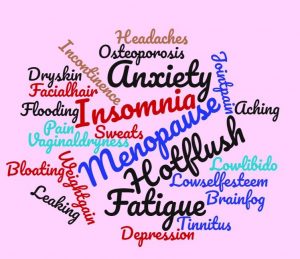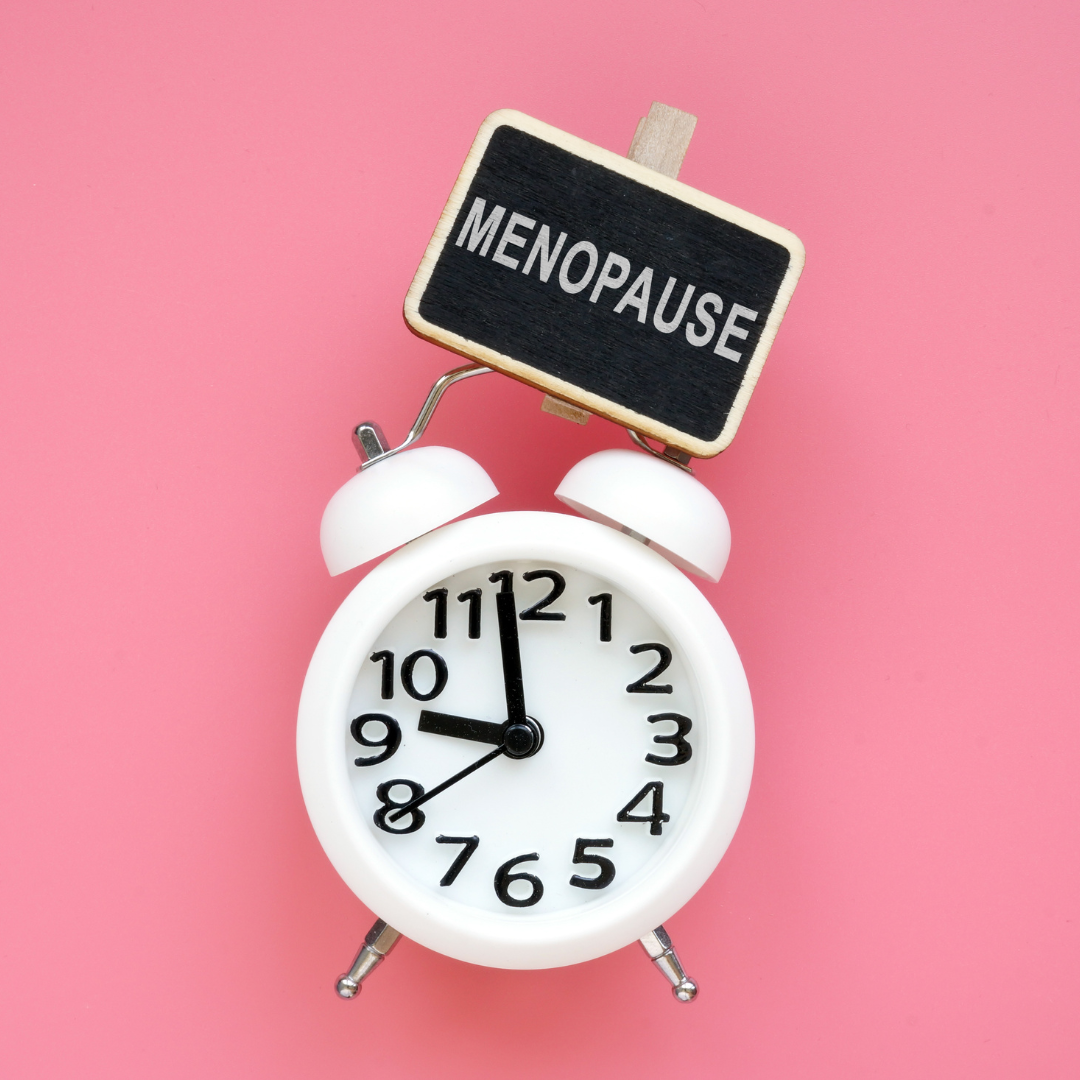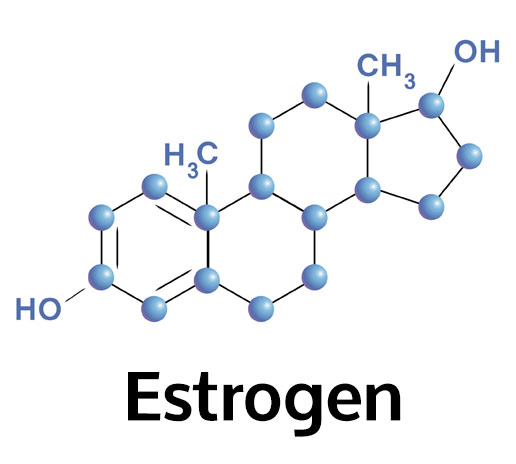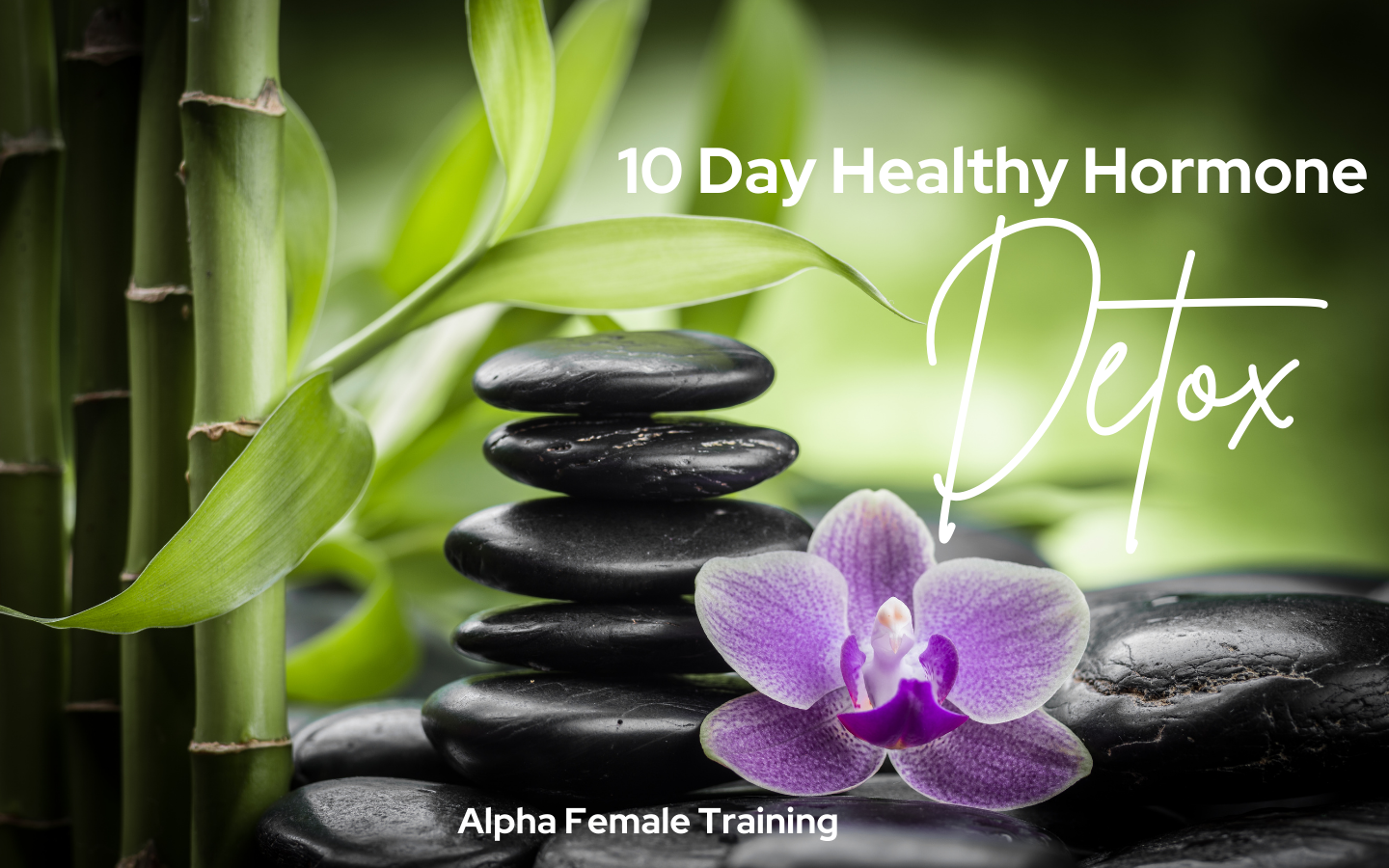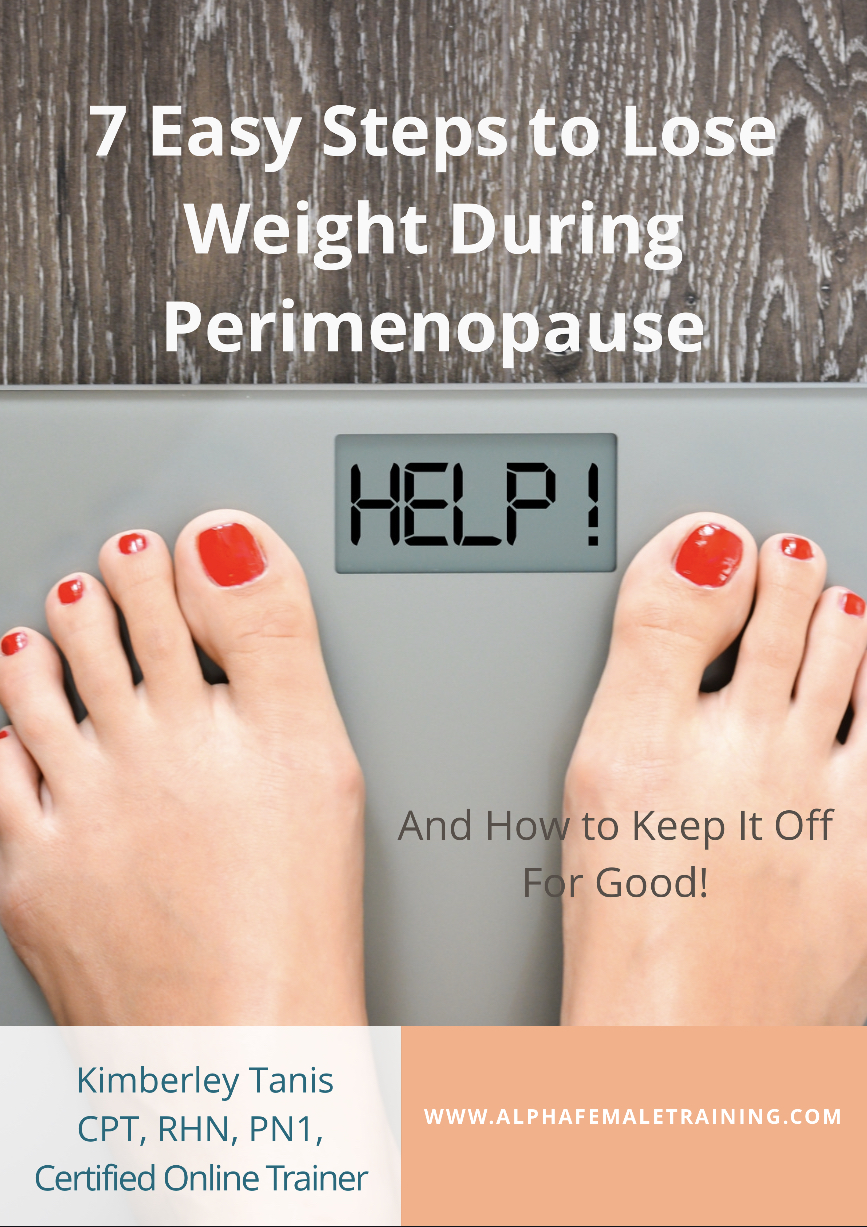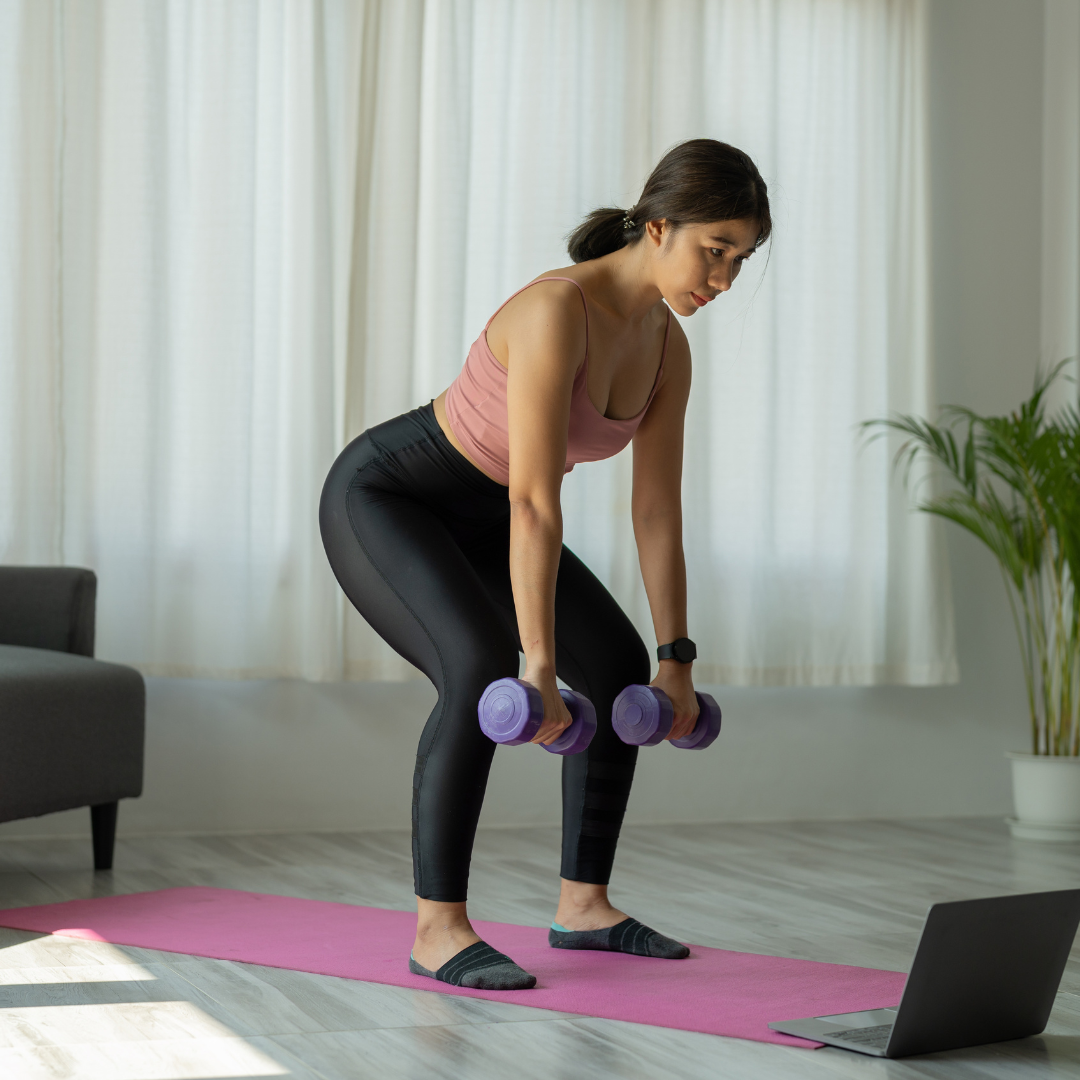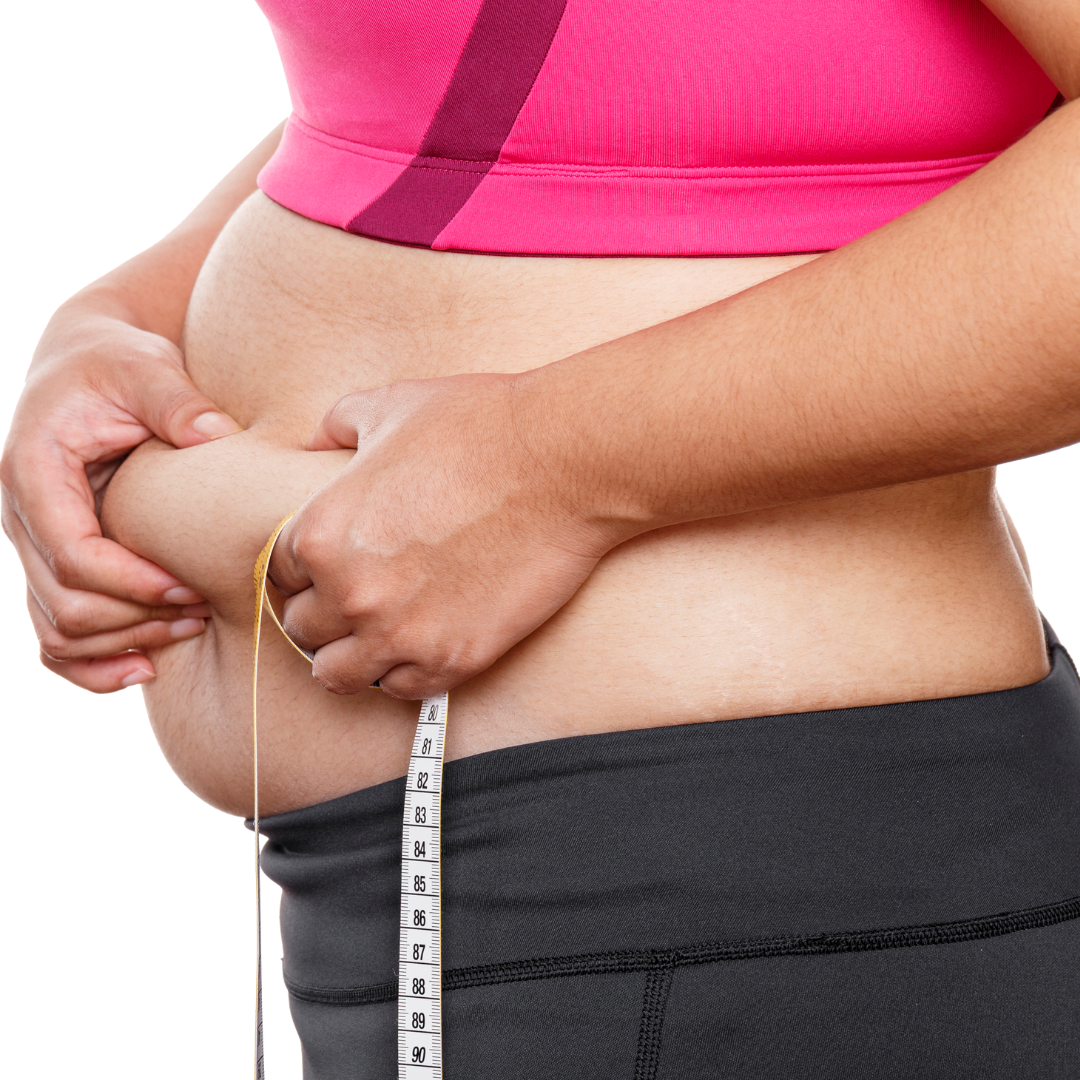What causes hormonal acne ?
I wanted to share some important information about what causes hormonal acne that you might find helpful, especially if you're a woman over 40.
Acne is not just a problem for teenagers, as it affects over 40 million people and more than half of them are women older than 25. Even if you've only had acne once in your life, it can cause permanent physical and emotional damage, including scarring and skin discoloration.
Acne is caused by inflammation in the sebaceous glands and hair follicles of the skin, resulting in pimples or pustules that can appear on the face, back, chest, and arms.
While conventional approaches to treating acne have some shortcomings, it's important to know that one of the main triggers for acne is hormones, which can be affected by puberty, starting or stopping birth control pills, and peri- and/or menopause.
Don't worry, there are ways to manage acne and I'd be happy to share some tips below if you're interested!

The 3 main hormones that are most connected to acne breakouts
Androgens -
When your body produces too many androgens, which are hormones made in the gonads and adrenal glands of both men and women, it can lead to an increase in sebum production and trigger acne breakouts.
Androgens can also be made locally in the sebaceous glands, adding to the problem. If you're taking testosterone or DHEA as part of a treatment plan prescribed by your doctor and are experiencing acne, it's important to speak with them to make sure you're on the correct treatment regime.
These supplements can cause an increase in the size and secretion of sebaceous glands, which can worsen acne if not properly managed.
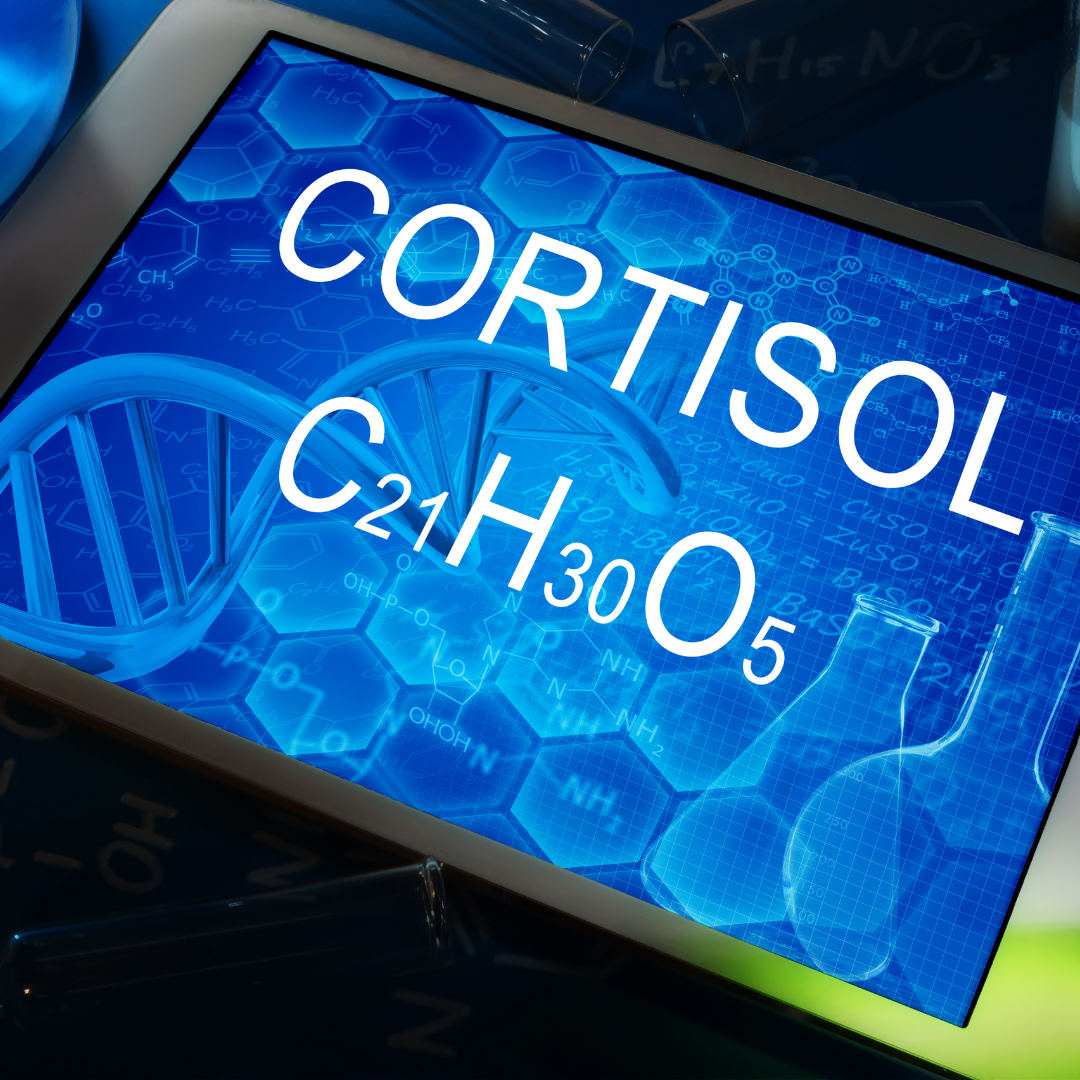
Cortisol
When our bodies are under stress, our cortisol levels can rise, leading to an increase in sebum production and inflammation, which can trigger acne breakouts.
Although cortisol is a helpful hormone that enables us to respond to stress and get going in the morning, it's important that its levels are meant to decrease as the day progresses, so we can relax and fall asleep at night.
However, if we experience prolonged stress without relief, our adrenal glands that release cortisol can become overworked, resulting in high cortisol levels. This can happen as we age, too, leading to more hormonal acne.
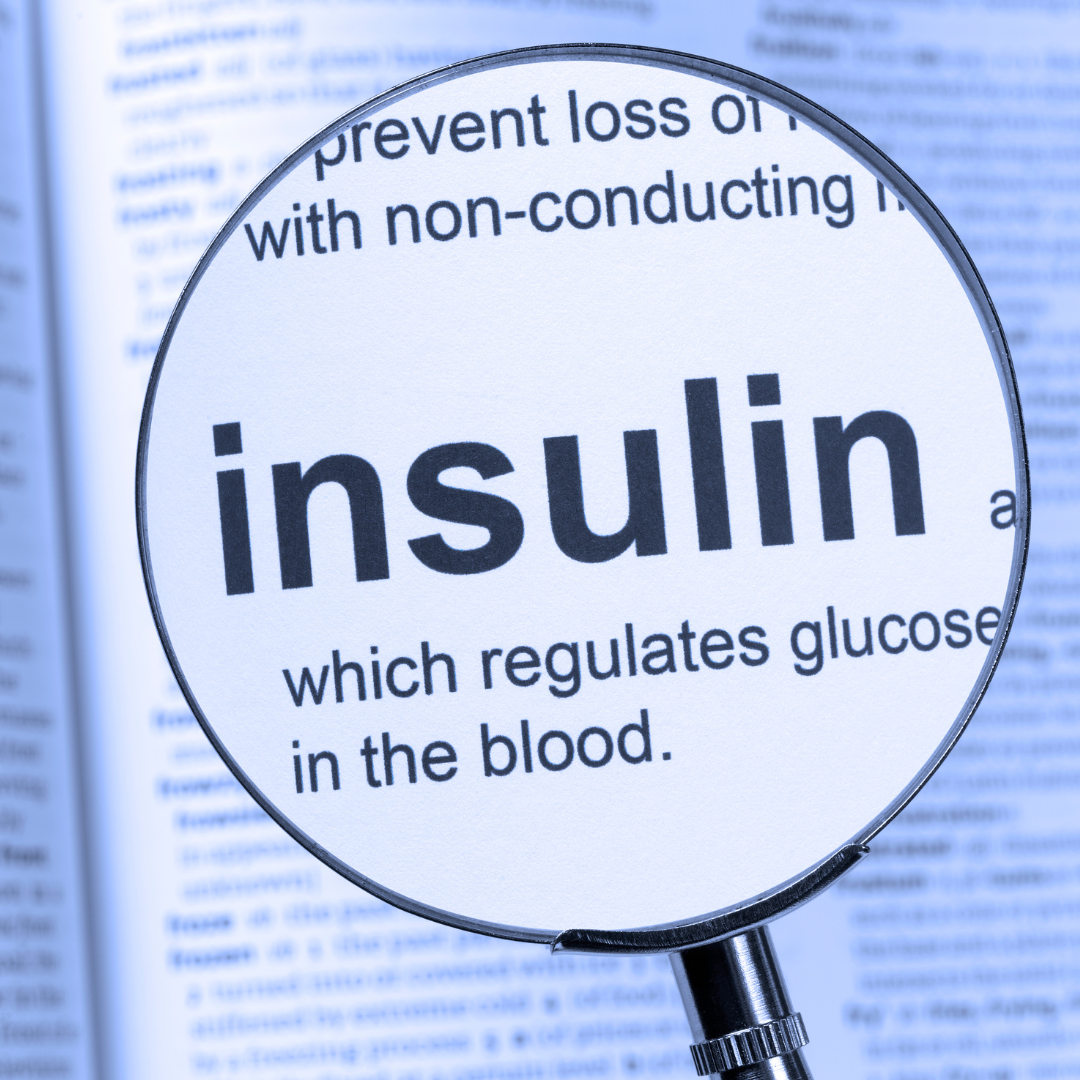
Insulin
Elevated levels of insulin in the body can stimulate sebum production and androgen activity, triggering acne.
Consuming excess sugar or having high blood sugar levels can cause a spike in insulin, which can contribute to this acne cascade. Foods high in sugar can cause your blood sugar levels to rapidly increase, followed by a quick drop when insulin is released into your cells. This sudden drop in blood sugar can leave you feeling shaky, hungry, and irritable, causing internal stress that may lead to breakouts.
So now that we know what causes hormonal acne how do we heal it?
From the inside out! Although it may seem unrelated, the health of our gut plays a crucial role in regulating our hormones, including those that contribute to what causes hormonal acne.
Research suggests that maintaining a healthy gut microbiome, which includes good bacteria like those found in yogurt cultures, apple cider vinegar, kefir and kombucha, is vital for managing acne.
Taking probiotics can also help restore healthy gut flora, leading to a more balanced hormone production and potentially improving acne symptoms.
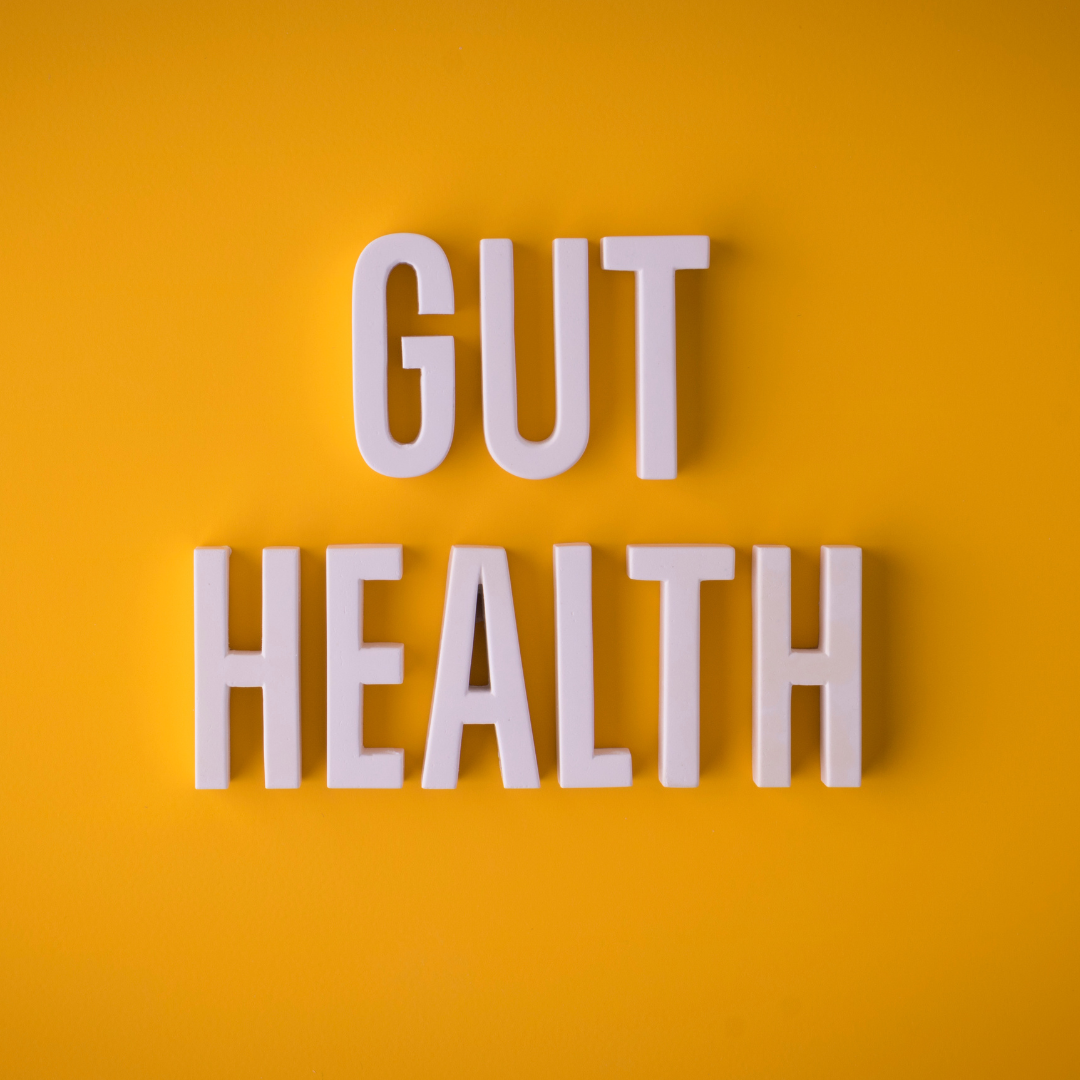
Chronic stress, when combined with digestive issues, gut microbiome imbalances, and a poor diet, can cause inflammation, oxidative damage, and elevated cortisol levels, all of which can be harmful to the skin and contribute to acne breakouts.
That's why it's important to manage stress levels effectively. You can try a variety of stress-reducing techniques, such as taking a warm bath with lavender essential oil, attending restorative yoga classes, listening to calming music, spending time in nature, or any other activity that helps to calm your mind and soul.
Making a daily habit of one or more of these stress-reducing techniques can have a positive impact on your overall well-being and potentially improve your acne symptoms.
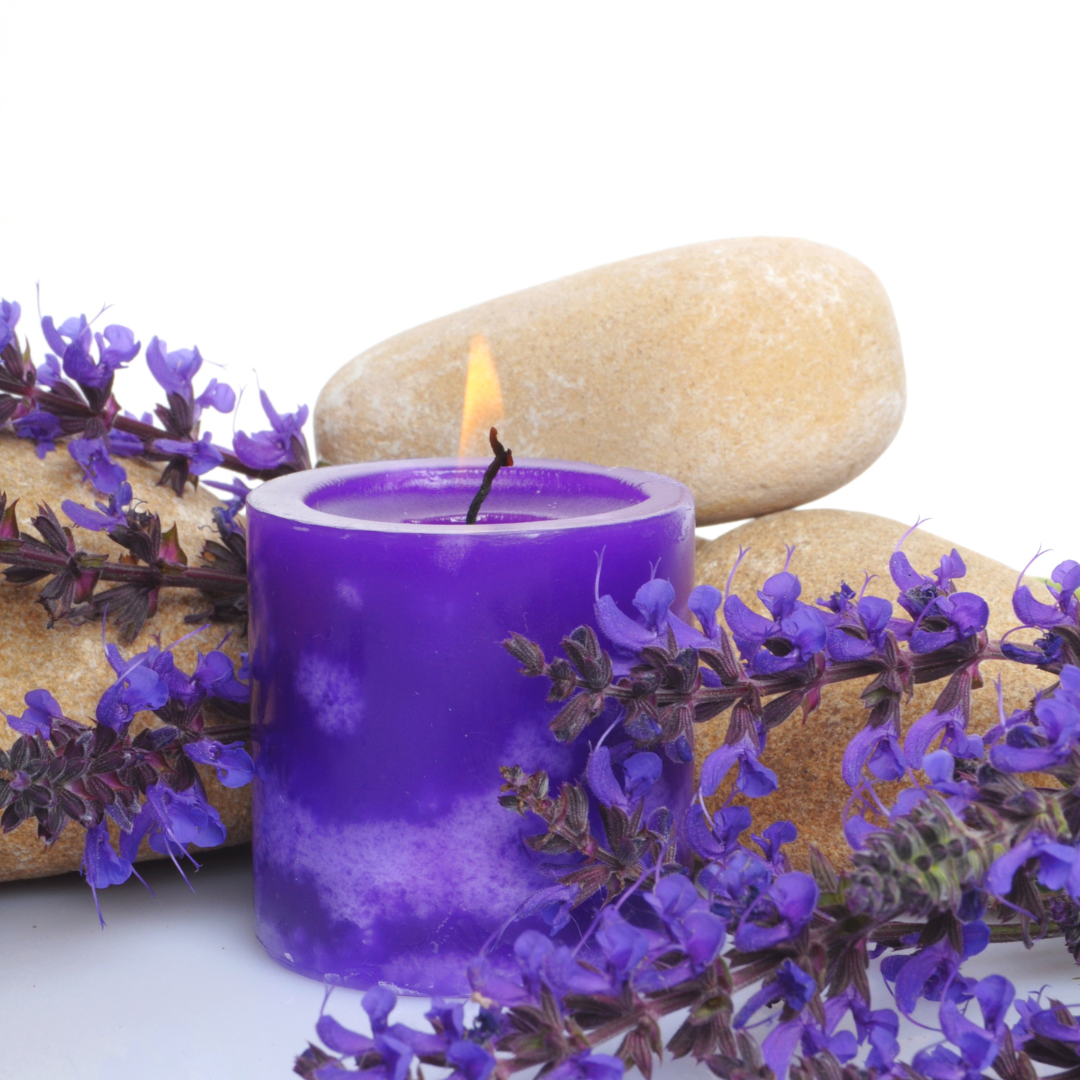
Natural supplements that can help
Our liver plays a crucial role in metabolizing hormones, and if our detoxification pathways are not working optimally, we can experience imbalances in hormones and their metabolites, which may contribute to acne breakouts.
To improve detoxification, a well-designed cleanse program can help enhance liver function. Additionally, research suggests that people with acne tend to have lower levels of the amino acid glutathione, which is a potent antioxidant. However, certain nutrients like N-Acetyl Cysteine and Vitamin C can help increase glutathione levels and support detoxification. Including these nutrients in your diet or taking them as supplements may help improve your acne symptoms.
If hormonal imbalance is the root cause of your skin issues, chasteberry or vitex can be beneficial for women. It mimics the effects of progesterone in the body and has been shown to alleviate acne symptoms.
Saw palmetto, on the other hand, may help regulate excess testosterone in both men and women. Balancing hormones naturally can be complex, so it's advisable to seek guidance from a naturopathic physician or functional medicine doctor with expertise in natural hormone balancing.

Managing your blood sugar and insulin levels becomes more manageable when you reduce your sugar intake.
However, sugar can be found in many hidden sources such as packaged foods, dressings, and condiments. It is important to read ingredient labels and avoid sugary treats and sodas. High-carbohydrate foods such as pasta can also turn into sugar in the body.
To prevent sugar spikes and crashes, it is important to consume fiber, protein, and healthy fats in your meals. It is also recommended to consult with your doctor if you are unsure or if your blood sugar levels run high, to have your levels tested.
